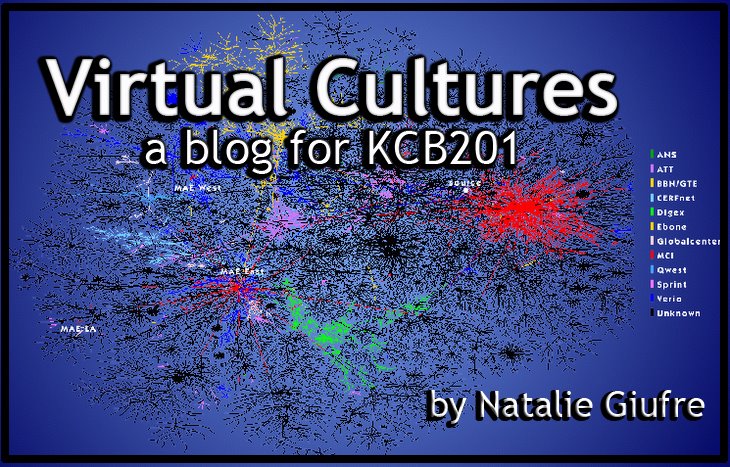The Radicati Group (2007) predicts that by 2009 we'll spend 41% of our time managing emails. This startling statistic brings to light the reality that we as online participants in multiple communities and subscribers to a plethora of information sources, have the potential to be overwhelmed by our desire to be 'connected'.
To manage the immense packs of data which users seek, a variety of online tools have been developed to minimise the amount of time wasted through trawling through this data on a daily basis. Between reading industry newsletters, blogs, breaking current affairs and personal emails, time usually used for productive means is now being largely wasted. Of course there is the argument that to be ahead of our field, one has a duty to be informed - and this is where both sides of this debate converge.
Merlin Mann has articulated a range of ways in which our attitudes, use of tools, and development of skills can be used effectively to empty your email inbox in the quickest way possible. His personal blog called Inbox Zero, lists the benefits of strategies such as:
- Managing email filters - to separate information
- The importance of deletion - to clear out useless information
- The scheduling of 'email dashes' - to set out blocks of time to deal with emails
Although seen as extreme behaviour by some, these tactics employed and explained by Mann are being adapted worldwide to deal with the mass overload of online information. This is particularly pertinent in the workplace.
Another basic example of managing the flow of information is seen in the Google Reader facility which acts as a collector of all information subscribed to through RSS feeds. This saves users time through being able to search for specific terms using their own personal database of information providers.Book-marking is also a way of tagging articles and web pages of interest and is becoming increasingly popular due to the ease in which users can tag relevant articles without having a large interruption to their web surfing. Sites such as del.icio.us and Instapaper can be used to tag online content so it can be categorised and referred to at a later time.
Creators of these online tools understand the innate human need to expose themselves to multiple sources of information while realising the capabilities that specially created tools can lead to the effective management of personal information flow. It is the rise of these tools which therefore prove that with time, the adaptation of digital technologies can aid productivity, if easily integrated into daily life.
References
The Radicati Group, Inc. 2007. Addressing information overload in corporate email: the economics of user attention. http://www.seriosity.com/downloads/Seriosity%20White%20Paper%20-%20Information%20Overload.pdf (accessed May 7, 2008).



2 comments:
Dear Nat,
I thoroughly enjoyed reading your argument on whether digital technologies aid or hinder productivity, as you approached the question in a different manner. It is obvious that you have done your background research on the issue as I found your argument very informative and helpful with my studies.
I liked the way you described our addiction to new technologies as ‘a light to reality’ and how we have a ‘desire’ to be connected. I agree with this argument as I think that new technologies and in particular, the internet, have become a component of our daily lifestyles.
Which brings another thought to my attention, do you think that there will be a time in the future where we won’t need or want to use the internet? Or will new Medias will just keep advancing from this platform?
The information you provided explains the purpose of online tools and has strengthened my understanding of how consumers can control data. The links that you used on this post, for example Inbox Zero, were an aid to my understanding of the issue. It is amazing how much information can be stored online and how we as consumers, need to manage it.
Merlin Mann’s benefit strategies of managing information online clearly identified what needs to be done to control online data. This was an excellent example to use in your post.
Other examples you have used such as Google Reader and Del.icio.us have also identified how users can save time online by only having to look for specific terms to information. These sites definitely manage our time when surfing the web or researching or assessment. Therefore it is easy to recognise that these tools for managing data aid productivity.
Thanks for your comments Sam.
You posed the question if there would ever be a time when “we won’t need or want to use the internet?” In terms of identifying and predicting possible future trends for this media form, this would be a good avenue to extend the post to, canvassing current theories of notable academics in this area and how they see the internet’s form in decades to come.
In the final chapter of Uses of Blogs, Bruns (2008, 250) tackles this issue with specific relation to blogs, and notes how the term ‘blogging’ will in future, be loosely replaced by the idea of ‘publishing’. Changes for traditional publishing industries may become under threat because of the new ways the internet is being structured and used by participants in the blogosphere, with the idea of productivity most likely still relevant in an ever increasing ‘time poor’ society.
However, I do believe that the interaction of these information tools into our daily lives will eventuate, and consequently enhance our personal information management systems.
Post a Comment